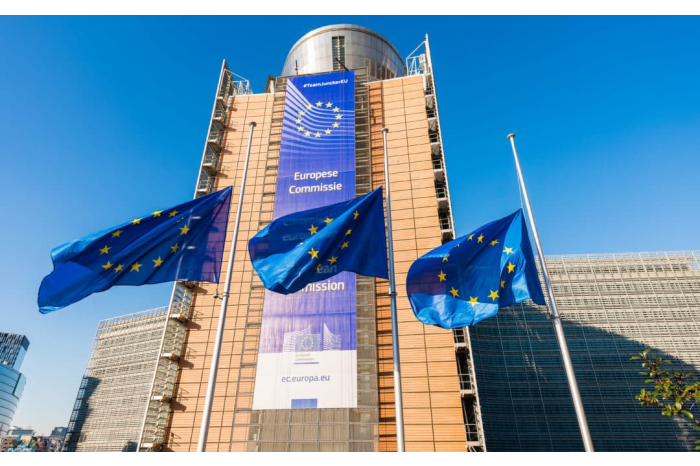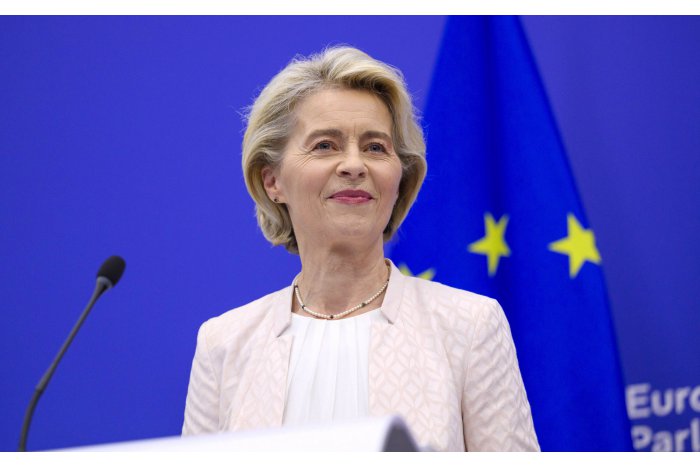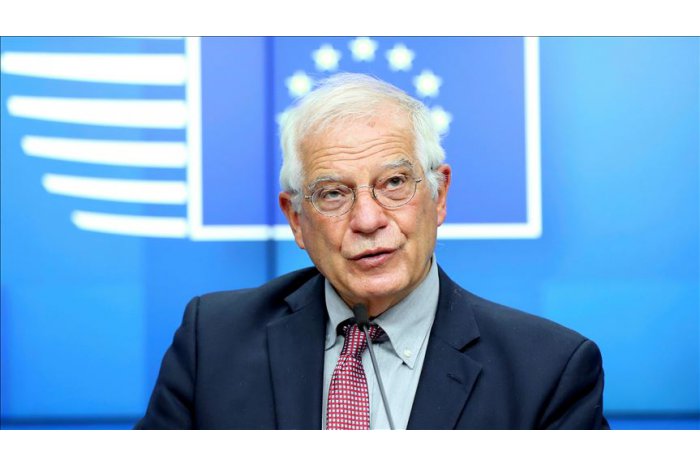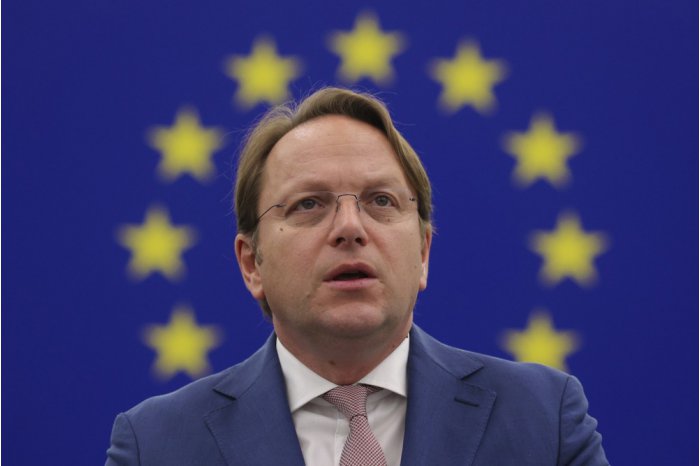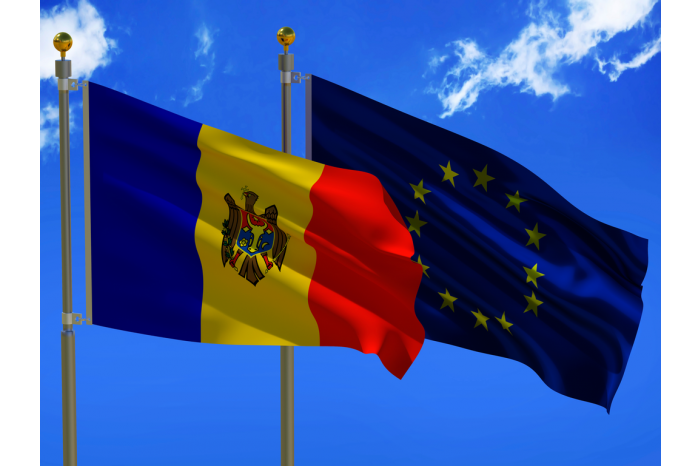Moldova makes progress on way of accession to European Union; European Commission adopts 2024 Enlargement Package
19:43 | 30.10.2024 Category: Political
Chisinau, 30 October /MOLDPRES/ - The opening of the negotiations on accession has been a recognition of Moldova’s determination to continue the reforms on the way of accession to the European Union, despite Russia’s continuous interference. Moldova achieved notable results at the first stage of the negotiations in accession, which regard the screening of the legislation and the European Commission expects the negotiations on clusters, reads the European Commission’s Enlargement Report.
Today, the European Commission adopted its annual Enlargement Package, providing a detailed assessment of the state of play and the progress made by Albania, Bosnia and Herzegovina, Kosovo, Montenegro, North Macedonia, Serbia, Georgia, the Republic of Moldova, Ukraine and Turkey, on their respective paths towards EU accession. The assessments are accompanied by recommendations and guidance on the reform priorities.
As for Moldova, the European Commission finds out that the opening of accession negotiations has been an important recognition of Moldova's determination to pursue reforms on the path of EU accession despite facing continuous Russian interference and the impact of Russia's war of aggression against Ukraine.
Following the first intergovernmental conference in June 2024, the analytical examination of the acquis (the screening) is progressing smoothly. Subject to Moldova meeting all the conditions, the Commission is looking forward to the opening of negotiations on clusters, starting with the fundamentals, as soon as possible in 2025.
Enlargement is a historic opportunity both for the acceding countries and for the current Member States and the EU as a whole. There are significant socio-economic, political and security advantages of a bigger and stronger Union, the European Commission’s press release reads.
European Commission President Ursula von der Leyen gave assurances that the enlargement stayed a priority. ‘’ The tense geopolitical context makes it more compelling than ever that we complete the reunification of our continent, under the same values of democracy and the rule of law. We have already taken great strides over the last years towards integrating new Member States. And enlargement will remain a top priority of the new Commission,” the European Commissioner President said.
European Union’s High Representative for Foreign Affairs and Security Policy Josep Borrell said that the affiliation with EU was a strategic choice. ‘These past five years have been marked by unprecedented challenges, demonstrating the importance of a new momentum for EU enlargement. And our partners have taken it seriously. Now more than ever, EU membership is a strategic choice. Alignment with EU values, starting with the rule of law, and the EU’s Common Foreign and Security Policy is the most significant indication of strategic orientation in the new geopolitical context. Through our merit-based process, we are building together a stronger Union,’’ Borrell said.
European Commissioner for Neighbourhood Policy and Enlargement Olivér Várhelyi says that the annual Enlargement Package provides a real evaluation of the progress made by the aspiring countries. ‘’ Enlargement represents a geostrategic investment in peace, stability, security, and socio-economic growth of our European continent. Our annual Enlargement Package provides a factual and fair assessment of our partners’ progress, coupled with clear guidance, enabling them to identify where accelerated reforms can drive their progress towards EU membership. With the dedicated Economic and Investment Plans, the Ukraine Facility as well as the Growth Plans for the Western Balkans and Moldova, we have put in place additional tools and instruments to help countries accelerate socio-economic convergence and reform efforts on their EU path,’’ the European commissioner said.
Sas for Ukraine, the European Commission says: ‘’The opening of accession negotiations with Ukraine has been an important recognition of Ukraine's determination to pursue reforms on the path of EU accession. Following the first intergovernmental conference in June 2024, the analytical examination of the acquis (the screening) is progressing smoothly. Subject to Ukraine meeting all the conditions, the Commission is looking forward to the opening of negotiations on clusters, starting with the fundamentals, as soon as possible in 2025.’’
While in December 2023 the European Council granted candidate status to Georgia, its EU accession process has been meanwhile de facto halted due to the course of action taken by the Georgian government since Spring 2024. ‘’On 26 October 2024, the Georgian citizens voted in parliamentary elections. The preliminary findings of the joint International Election Observation Mission led by the OSCE Office for Democratic Institutions and Human Rights (OSCE/ODIHR) identified several shortcomings that occurred in a tense and highly polarised environment,’’ the pres release also reads.
The enlargement process gained new momentum throughout 2023 and 2024. The fundamentals cluster was opened with Albania on 15 October 2024. Accession negotiations were opened with Ukraine and Moldova at the first intergovernmental conferences in June 2024. Having met the interim benchmarks for the rule of law chapters, Montenegro is on the way to provisionally closing further negotiating chapters. In March 2024, the European Council decided to open accession negotiations with Bosnia and Herzegovina. The screening process was completed with both Albania and North Macedonia at the end of 2023.
